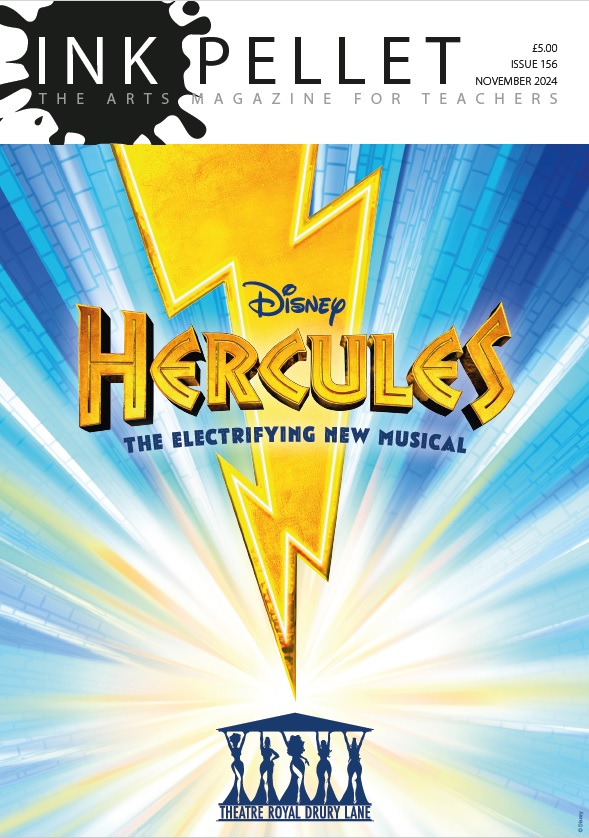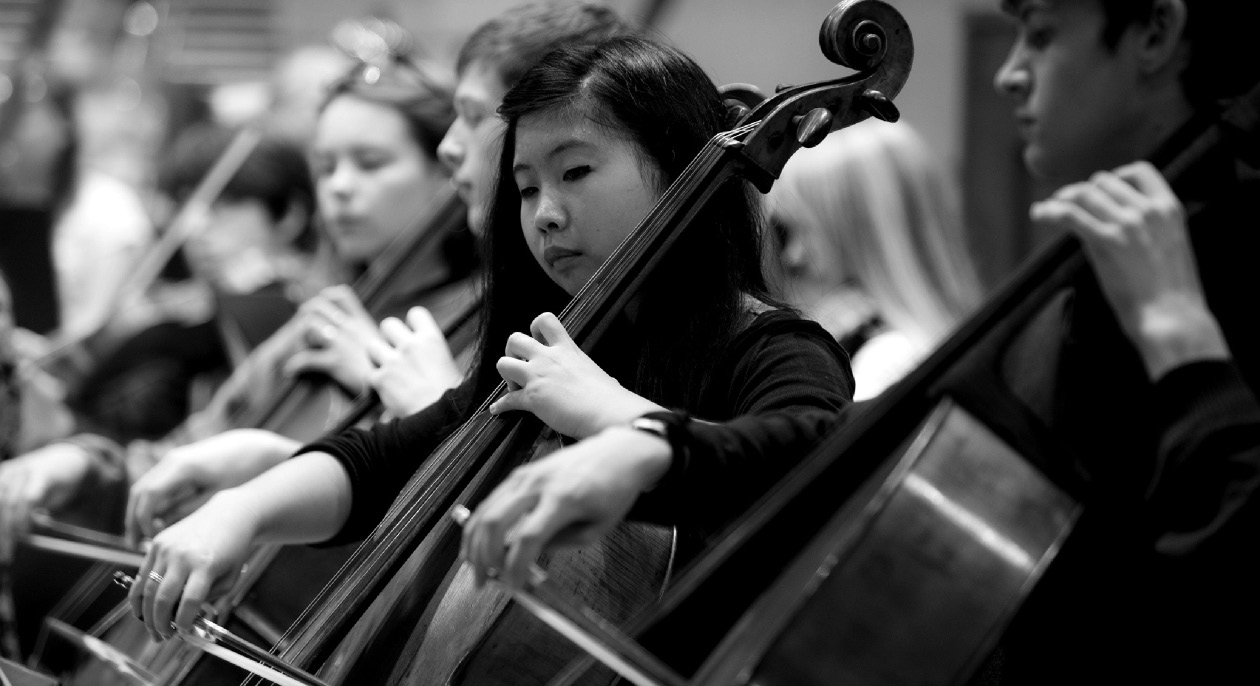Celebrating its 70th anniversary, Susan Elkin looks at the National Youth Orchestra, which continues to excel and expand.
Ruth Railton, later Dame Ruth, was a pioneer. When she founded the National Youth Orchestra 70 years ago in 1948 she was doing more than building an orchestra. She was launching a world movement and, as she told me many years later over lunch not long before her death in 2001, she went on to work as a consultant, sharing her advice and experience with others wanting to start youth orchestras all over the world.
Today almost every country and every region of the British Isles has its own orchestra and standards are rising all the time. A group of teenagers playing say Stravinsky’s Firebird or a Mahler symphony with near-professional skill would have been unheard of before the war. In the 21st century it’s almost routine. And there are ex-NYO players in almost every professional orchestra.
Not that Dame Ruth would recognise (or even approve of – she was a prickly woman) the orchestra she founded if she could see it now. It has grown, developed and evolved. And it has improved continuously. The repertoire has widened and there’s a vibrant emphasis on new music.
Members – there are 165 at present – are aged between 13 and 19 and should play at Grade 8 distinction level. There is no need to have taken exams, which many of the very best young players are advised by their teachers not to bother with. It’s simply an indication of the standard required.
There are auditions of course and then the year is structured, as it always has been and is for most youth orchestras, around school holiday residencies and big concerts at the end of each. The course includes sectional coaching sessions and there are always opportunities for ad hoc chamber music making and help with composition. A major conductor – the likes of Sir Simon Rattle, Semyon Bychkov or Sir Andrew Davis, for example – comes in to work with the orchestra on each course and then conducts the concerts.
In summer, the NYO always performs at the Proms for example. Last year they were conducted by Thomas Adès at Prom 28 on 5 August in the Royal Albert Hall – Stravinsky’s The Rite of Spring, Mural by Fransciso Coll and Polaris by Adès himself. The excitement was palpable and, given the young talent on the platform, the quality of performance was, as always, extraordinary.
“It’s the enthusiasm. It’s infectious” is how former double bass player, Vincent Kehoe sums it up. Lawrence Schofield, 16-year-old trombonist from Horsham recalls getting a thumbs up from Adès because he had learned and played the bass trumpet. “It was my proudest moment”.
The orchestra has never stood still in terms of what it does either. Earlier this month NYO took part in three semi-staged performances of Bartok’s opera Duke Bluebeard’s Castle. With Liadov’s The Enchanted Lake and Dukas’s The Sorcerer’s Apprentice also on the programme, there were performances in Manchester, Nottingham and London conducted by Sir Mark Elder. Innovatively Children’s Laureate, Chris Riddell was on stage alongside two singers as artist in residence illustrating the performance with drawings.
This was the NYO’s first ever complete opera, but Elder, himself an NYO alumnus, believes that performing with singers is essential to the development of young orchestral musicians and that it liberates a depth of musicality that cannot be accessed through any other route.
Another excellent development is the increasing emphasis on outreach work. NYO members are very talented young people in a unique position to inspire their contemporaries. NYO Inspire is a project which began in 1998 and it sees NYO players leading workshops for school students – often conducting and coaching huge orchestras. It’s quite an experience and very powerful for, say, a fifteen-year-old learner flautist who plays in the school orchestra to take part in a session led by another very accomplished fifteen-year-old.
Time was when the NYO was regarded as a bit elitist – middle class kids doing their thing and enjoying costly holiday courses. Of course, that’s not true at all. Auditions are held all over the country so that there’s no expensive travel barrier. There are bursary funds to support any student whose personal circumstances would otherwise mean that he or she couldn’t take part. Every member – and they come from a wide range of backgrounds – stresses that this is a friendly environment. It’s the music which binds and bonds them and that is nothing to do with wealth or social class.
And it’s fun. Let Lawrence Schofield have the last word: “There’s the same passion and teamwork as any sport, the same emotion and beauty as any book or film and it’s certainly more exciting than school work or social media”.
Notes for teachers:
NYO 2018 is now full. Applications for NYO 2019 will open in Spring 2018. www.nyo.org.uk/join-nyo
The next NYO concerts will be Mass: a theatre piece for singers, players and dancers by Leonard Bernstein. Conducted by Marin Alsop. Southbank Centre, London: Friday 6 and Saturday 7 April.



